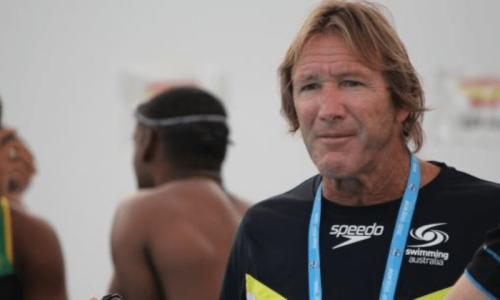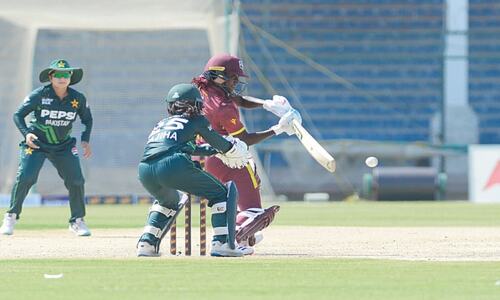Combat sports shape the Afghan Olympic dream
Dawn.com Published
February 20, 2012










The sounds produced by the three Afghan athletes going to the London summer Olympics are fierce: elongated wails ricochet off the chipped and dilapidated walls of the taekwondo centre, while leather smacks and slaps at the boxing gym.
In a country wrenched by decades of war, perhaps it is no surprise that all three, a taekwondo male duo including Beijing bronze medallist Rohullah Nikpai, and teenage female boxer Sadaf Rahimi, followed fighting sports.
They were born into conflict that still rages, and chronic insecurity and poverty mean they train in spartan spaces with little financial support, and currently freezing cold in the country’s worst winter for 30 years... —Photos and text by Reuters
Read more
On DawnNews
Comments (2) Closed
Shahand
Feb 20, 2012 05:46pm
That's great the boxing girls are so emotional and they have been trained for so long so tough training we hope they bring good name to Afghanistan , or at least will to see them represent Afghanistan in Olympics
Recommend
0
Wazir Khan
Feb 21, 2012 11:13am
I pray that one day Dawn gives such a coverage to young athletes of Pakistan as well.
Recommend
0














































